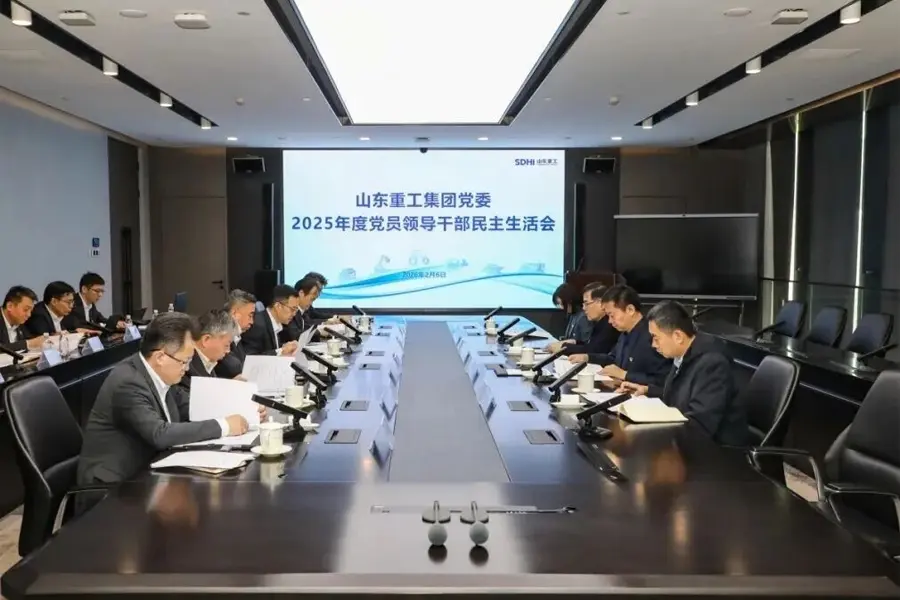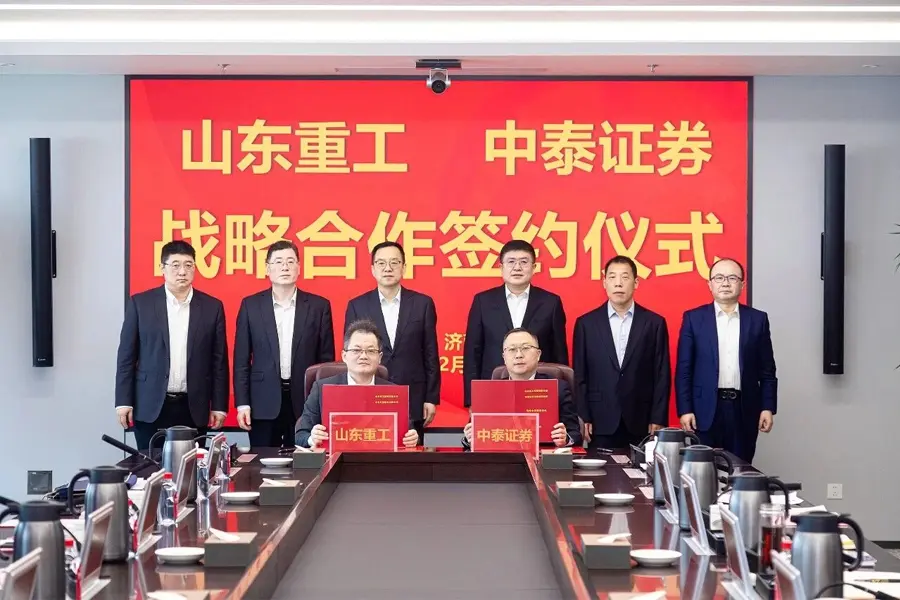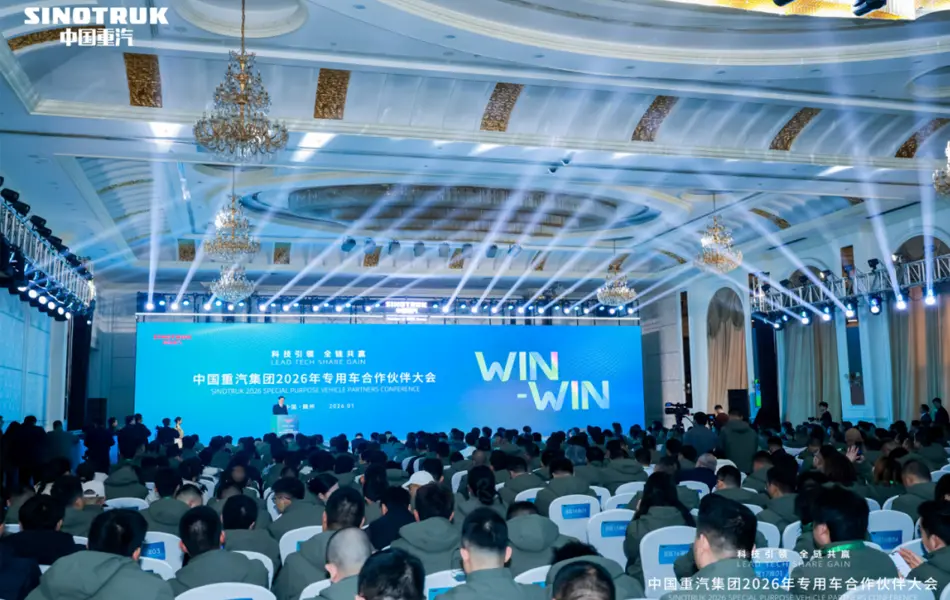© Sinotruk Howo Truck
In Kenitra, a northwestern Moroccan port city, workers at CITIC Dicastal’s Moroccan factory methodically operate equipment in the workshop. Aluminum ingots undergo smelting, casting, processing, and painting processes, transforming into shiny car wheels ready for market.
“This factory represents the advanced level of global aluminum wheel manufacturing,” said Zhou Hongji, the factory’s vice president, in an interview with Xinhua News Agency. The factory has been designated a “Lighthouse Factory” by the World Economic Forum, a designation signifying that Chinese companies have brought the industry’s most advanced technologies and equipment to Morocco.
CITIC Dicastal currently has two aluminum wheel factories and one aluminum casting plant in Morocco. Abdel Karim, a manager at the factory, has been promoted three times in seven years. Karim told reporters that working for a Chinese company, “as long as you work hard, you will definitely reap the rewards.”
In recent years, Morocco has rapidly built an automotive industry chain through strategic industrial development. Automotive and parts exports have become a key engine driving the country’s economic growth. Chinese companies, such as CITIC Dicastal, have actively participated in this process, contributing to the improvement and upgrading of the country’s automotive industry chain.
“Morocco is currently at a critical stage of development and has enormous potential for cooperation with China in multiple areas,” said Li Changlin, Chinese Ambassador to Morocco, in an interview.
Nasser Bouhiba, a Moroccan entrepreneur who has collaborated with Chinese companies in agriculture, desalination, and mining, told reporters that there is also broad room for cooperation between Morocco and China on livelihood projects. “People’s livelihood projects help promote people-to-people bonds. I chose to work with Chinese companies because they are highly competitive.”
Located in northwest Africa, Morocco enjoys unique geographical advantages, bordering not only the Atlantic Ocean and the Mediterranean Sea but also connecting Europe, Africa, and the Middle East. As one of the three host countries for the 2030 FIFA World Cup, Morocco is vigorously developing its automotive industry while increasing investment in transportation, electricity, and other areas to create superior supporting infrastructure to attract foreign investment.
In the northeastern Moroccan city of Nador, Airan Technology Co., Ltd., a Chinese private enterprise specializing in wind turbine blade production, is nearing completion on its first overseas factory. “Our factory will begin trial production at the end of May, creating approximately 3,000 jobs for the local community,” said Xu Wenjun, the factory’s deputy general manager. In a spacious factory, dozens of meters long wind turbine blades are neatly arranged, and Chinese and Moroccan workers are cleaning their surfaces. “For me, it’s great to work here,” Umaima, a recent employee, told reporters. “Both Morocco and China are committed to green development. Here, I’m not only learning new knowledge, but also getting a glimpse into the direction of the future.”
In Morocco, Chinese companies are not only demonstrating their prowess in manufacturing and new energy, but are also actively exploring the local market, making high-quality “Made in China” products a new driving force for market development.
In Casablanca, Morocco’s largest city, Sinotruk’s engineering vehicles are highly sought after by local customers for their high quality and affordability. Wang Chao, manager of Sinotruk’s Africa department, explained that the company’s concrete mixer truck, priced at 1.1 million Moroccan dirhams (approximately 860,000 RMB), sold approximately 200 units in Morocco last year, making it one of the most popular models of its kind in the local market.
“Our concrete mixer trucks are more suited to local needs than European models and can effectively reduce transportation costs,” Wang Chao said. Due to the surge in demand, some engineering vehicles are already in short supply. Sinotruk plans to expand its service network in Morocco to 10 by the end of this year, providing customers with more convenient access to auto parts and services.
“Sinotruk’s products offer outstanding advantages and a high cost-performance ratio, making them very popular in the Moroccan market. Our sales are growing steadily. I believe China represents the future,” said Sadia El Mansouri, Sinotruk’s distribution partner in Morocco.





